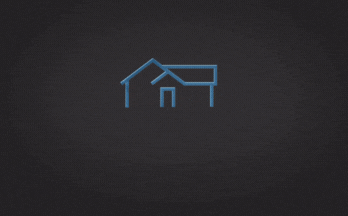Meet Your
Lifestyle Needs
approach to all your
financial decisions.
Planning Ahead to Meet Your Lifestyle Needs
Your home is a very personal investment. While it's a mistake to ignore the financial aspects, it's equally wrong to neglect the personal side. Knowing your needs upfront will help you chart a sound financial strategy that meets your lifestyle requirements as well.
Consider your needs carefully. Architects recommend that you consider lifestyle questions first, then consider the structure itself. For example, don't start by thinking about the details of your kitchen. Instead, consider the kind of cooking you like to do, and how frequently you entertain. The same kind of thinking needs to apply to bathrooms, bedrooms, decks, game rooms, and home offices.
A similar "lifestyle first" approach also needs to take place when you consider location. In this case, your activities outside of your home are what matters. How much of a commute are you willing to make? Do you like nature and outdoor activities, or would you rather be close to shopping, movies, and theatre? Some considerations are regional as well. Do you have aging parents who will need your assistance? Are your own children growing up, and would you like to be closer to them? The needs of your entire family should be factored in.
Once you are fairly clear on your priorities, you can sketch out some criteria for your ideal dwelling, namely:
- Number of bedrooms.
- Number of bathrooms.
- Type of kitchen.
- Living rooms, family space.
- Specialty rooms (e.g., workshop, home entertainment centre)
- Location (urban, suburban, rural)
- Region
Trade Up Or Stay And Renovate?
Now it's time to get out the real estate and housing magazines and come up with several scenarios that fit your budget. A key question to determine is whether you want to sell your home and purchase one elsewhere, or stay in your home and renovate. It's best to come up with several scenarios.
Your priorities will change over time, and your plans should be updated accordingly. Having a fairly good idea of what you want will help you make the right choice when opportunities arise.
Web site content is for informational or illustrative purposes only and is not be considered or used as a substitute for professional financial advice from an accountant, lawyer or certified financial planner. Click here to view our full legal disclaimer.


 If you are using your home equity to start/buy-in to a business or to buy equities, the interest on the loan may be tax-deductible. Consult your certified accountant or financial advisor!
If you are using your home equity to start/buy-in to a business or to buy equities, the interest on the loan may be tax-deductible. Consult your certified accountant or financial advisor!





